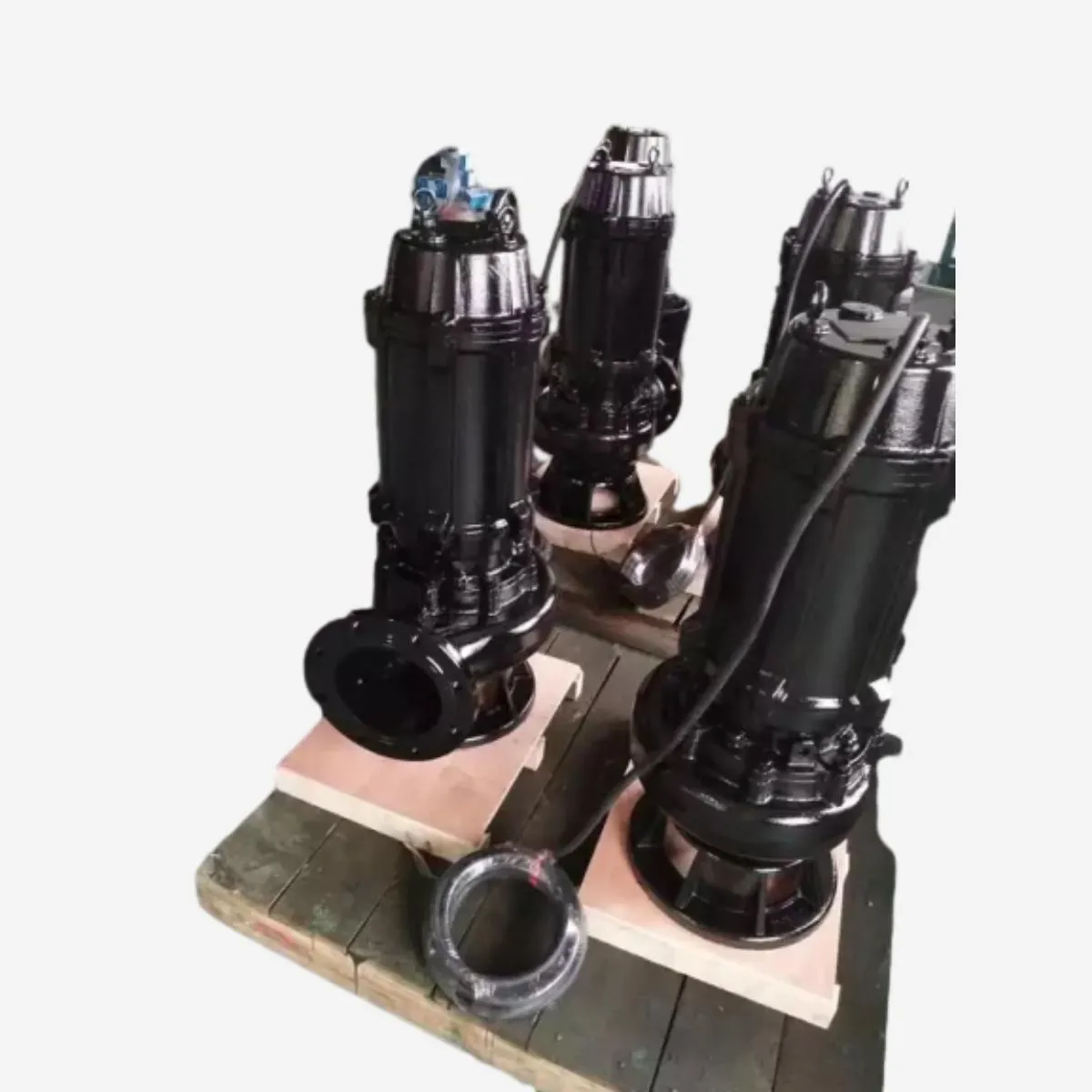English
- Afrikaans
- Albanian
- Amharic
- Arabic
- Armenian
- Azerbaijani
- Basque
- Belarusian
- Bengali
- Bosnian
- Bulgarian
- Catalan
- Cebuano
- Corsican
- Croatian
- Czech
- Danish
- Dutch
- English
- Esperanto
- Estonian
- Finnish
- French
- Frisian
- Galician
- Georgian
- German
- Greek
- Gujarati
- Haitian Creole
- hausa
- hawaiian
- Hebrew
- Hindi
- Miao
- Hungarian
- Icelandic
- igbo
- Indonesian
- irish
- Italian
- Japanese
- Javanese
- Kannada
- kazakh
- Khmer
- Rwandese
- Korean
- Kurdish
- Kyrgyz
- Lao
- Latin
- Latvian
- Lithuanian
- Luxembourgish
- Macedonian
- Malgashi
- Malay
- Malayalam
- Maltese
- Maori
- Marathi
- Mongolian
- Myanmar
- Nepali
- Norwegian
- Norwegian
- Occitan
- Pashto
- Persian
- Polish
- Portuguese
- Punjabi
- Romanian
- Russian
- Samoan
- Scottish Gaelic
- Serbian
- Sesotho
- Shona
- Sindhi
- Sinhala
- Slovak
- Slovenian
- Somali
- Spanish
- Sundanese
- Swahili
- Swedish
- Tagalog
- Tajik
- Tamil
- Tatar
- Telugu
- Thai
- Turkish
- Turkmen
- Ukrainian
- Urdu
- Uighur
- Uzbek
- Vietnamese
- Welsh
- Bantu
- Yiddish
- Yoruba
- Zulu
Telephone: +86 13120555503
Email: frank@cypump.com
Jul . 22, 2024 02:16 Back to list
Efficient Submersible Pumps Designed for Optimal Performance in Sewage Treatment Facilities
Submersible Pumps for Sewage Treatment Plants
Submersible pumps play a crucial role in sewage treatment plants, serving as essential components in the management of wastewater. These pumps are designed to operate while submerged in the fluid they are pumping, making them ideal for handling the complex conditions found in sewage treatment facilities. This article explores the significance of submersible pumps, their functionality, types, and the advantages they offer in sewage treatment applications.
Functionality of Submersible Pumps
Submersible pumps operate by converting electrical energy into hydraulic energy, using an electric motor to drive a centrifugal pump. The design of these pumps enables them to be fully submerged in liquid, which is advantageous for sewage systems as it minimizes the risk of cavitation and allows for efficient operation in deep water levels. Submersible pumps are usually equipped with a series of seals to protect the motor from water, ensuring longevity and reliability.
In sewage treatment plants, these pumps are primarily used for the transportation of wastewater from various points within the treatment process. They help to move sewage from collection tanks to treatment units, as well as to facilitate the discharge of treated effluent. The pumps can handle solids and debris, which is crucial in sewage applications where the presence of various materials is expected.
Types of Submersible Pumps
Submersible pumps used in sewage treatment come in various types, each designed to cater to specific needs and conditions. Some commonly used types include
1. Impeller Pumps These pumps use a rotating impeller to increase the velocity of the sewage, converting that velocity into flow. They are effective for pumping fluids with a lower viscosity and are frequently found in municipal sewage systems.
2. Vortex Pumps Designed to handle sewage with large solids and fibrous materials, vortex pumps feature a unique impeller design that prevents clogging, making them an excellent choice for raw sewage applications.
submersible pump for sewage treatment plant

Advantages of Submersible Pumps
The use of submersible pumps in sewage treatment plants offers several advantages
1. Energy Efficiency Because submersible pumps are placed directly in the liquid, they require less energy to move the sewage as they do not need to overcome gravitational pull as much as surface pumps do. This results in lower operational costs.
2. Space Saving Their design allows for easy submergence, which saves valuable installation space in treatment facilities—especially important in urban areas where space is limited.
3. Reduced Noise Levels Submersible pumps operate quietly, minimizing noise pollution in and around treatment plants, which is beneficial for nearby residents.
4. Less Maintenance When properly installed and operated, submersible pumps require less maintenance than traditional pumps, as they are less exposed to external environmental factors, reducing wear and tear.
5. Ability to Handle Solids Submersible pumps are designed to handle sewage with solids, creating a more reliable and efficient workflow within treatment processes.
Conclusion
Submersible pumps are indispensable in sewage treatment plants, combining efficiency, reliability, and performance in challenging environments. Their ability to handle solids and operate quietly while occupying minimal space makes them an optimal choice for wastewater management. As urban populations continue to grow and the demand for efficient sewer systems increases, the importance of submersible pumps in maintaining effective sewage treatment solutions cannot be overstated. These pumps are not only vital for current operations but also hold promise for future advancements in wastewater treatment technology.
-
ISG Series Pipeline Pump - Chi Yuan Pumps | High Efficiency, Durable Design
NewsAug.01,2025
-
Advanced Flue Gas Desulfurization Pump with GPT-4 Turbo | Durable & Efficient
NewsJul.31,2025
-
ISG Series Vertical Pipeline Pump - Chi Yuan Pumps | Advanced Hydraulic Design&Durable Construction
NewsJul.31,2025
-
ISG Series Vertical Pipeline Pump - Chi Yuan Pumps | Energy Efficient & Low Noise
NewsJul.31,2025
-
pipeline pump - Chi Yuan Pumps Co., LTD.|High Efficiency&Low Noise
NewsJul.31,2025
-
ISG Series Vertical Pipeline Pump - Chi Yuan Pumps Co., LTD.|High Efficiency, Energy Saving, Low Noise
NewsJul.30,2025










